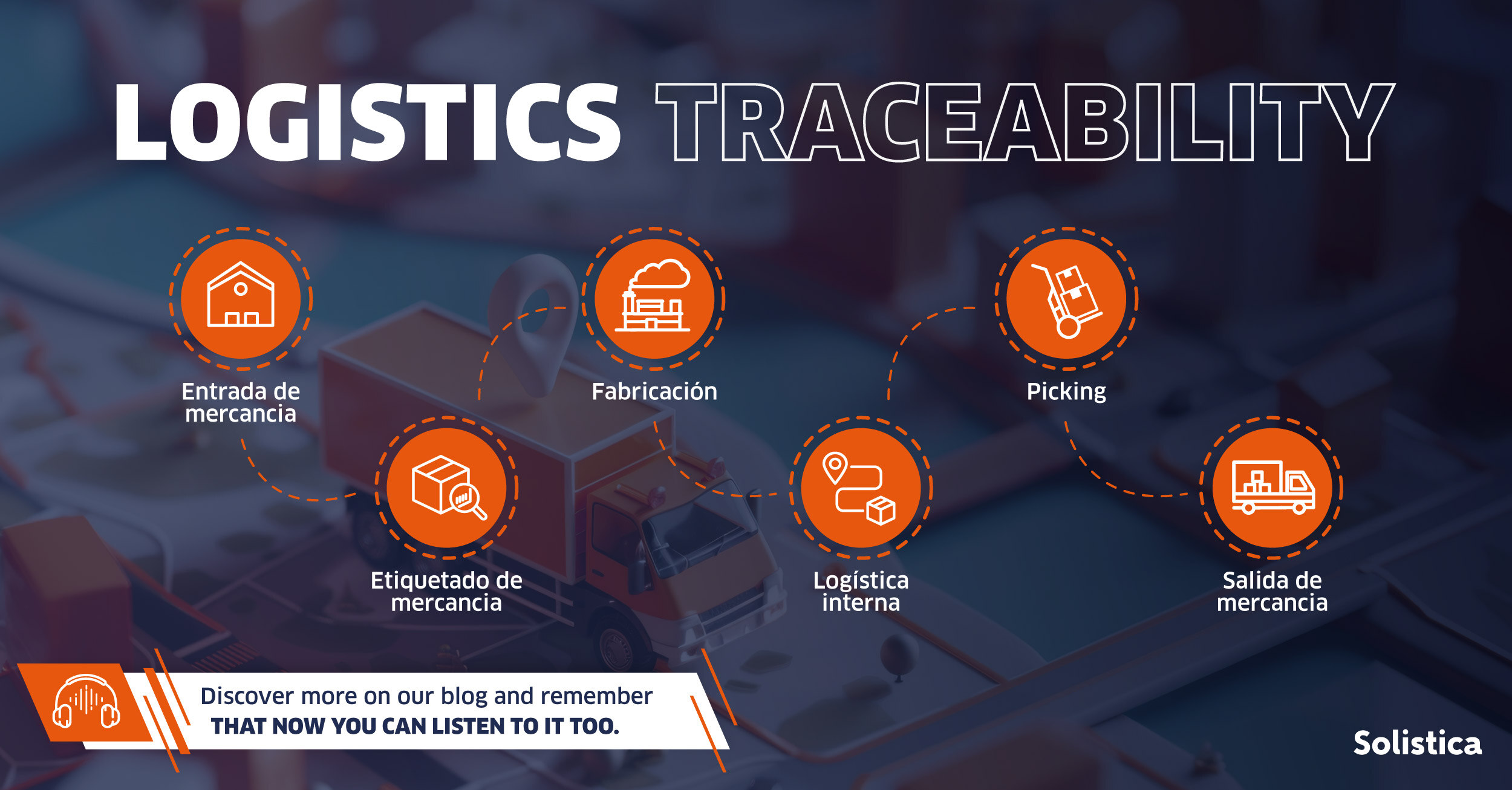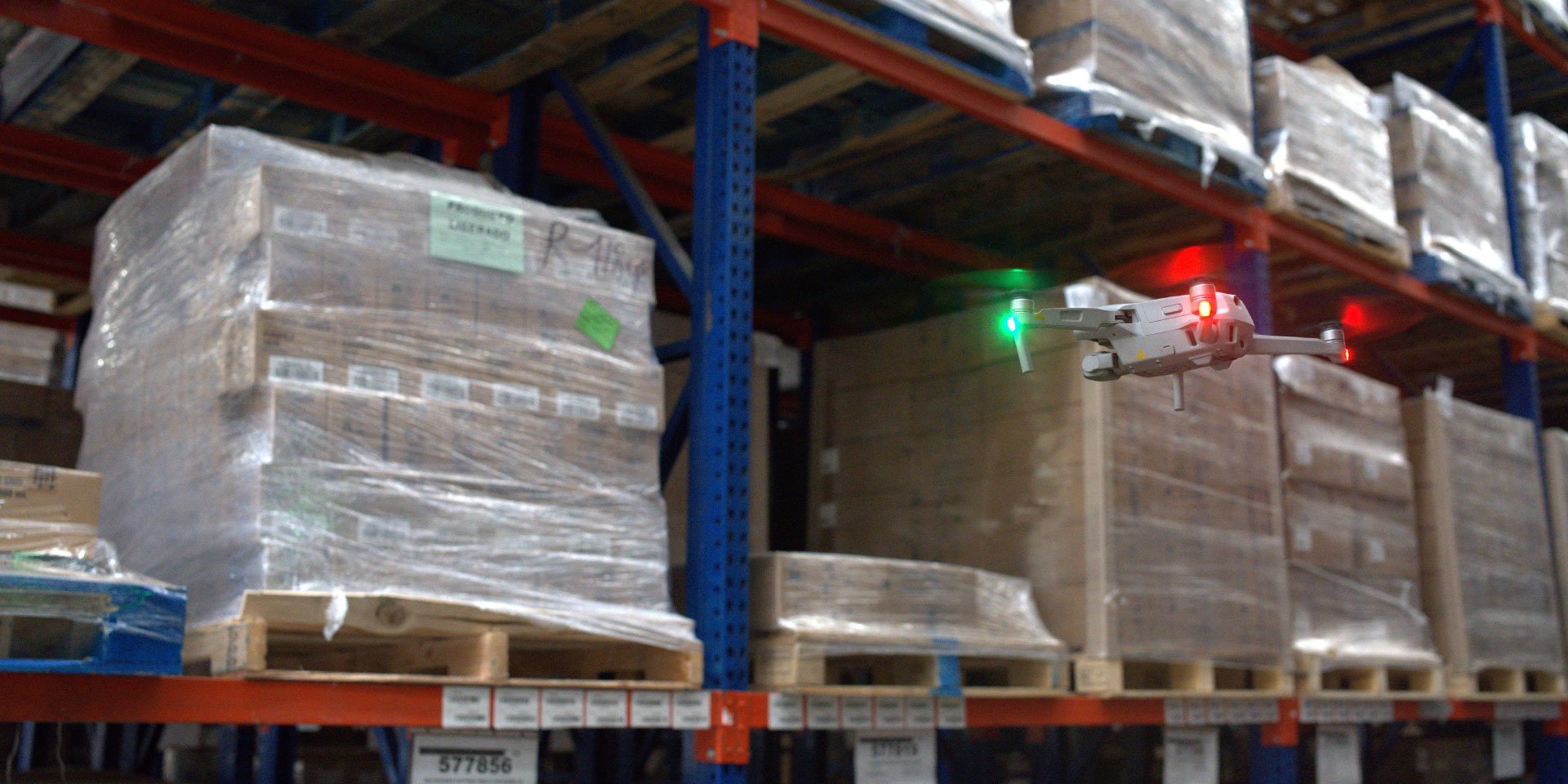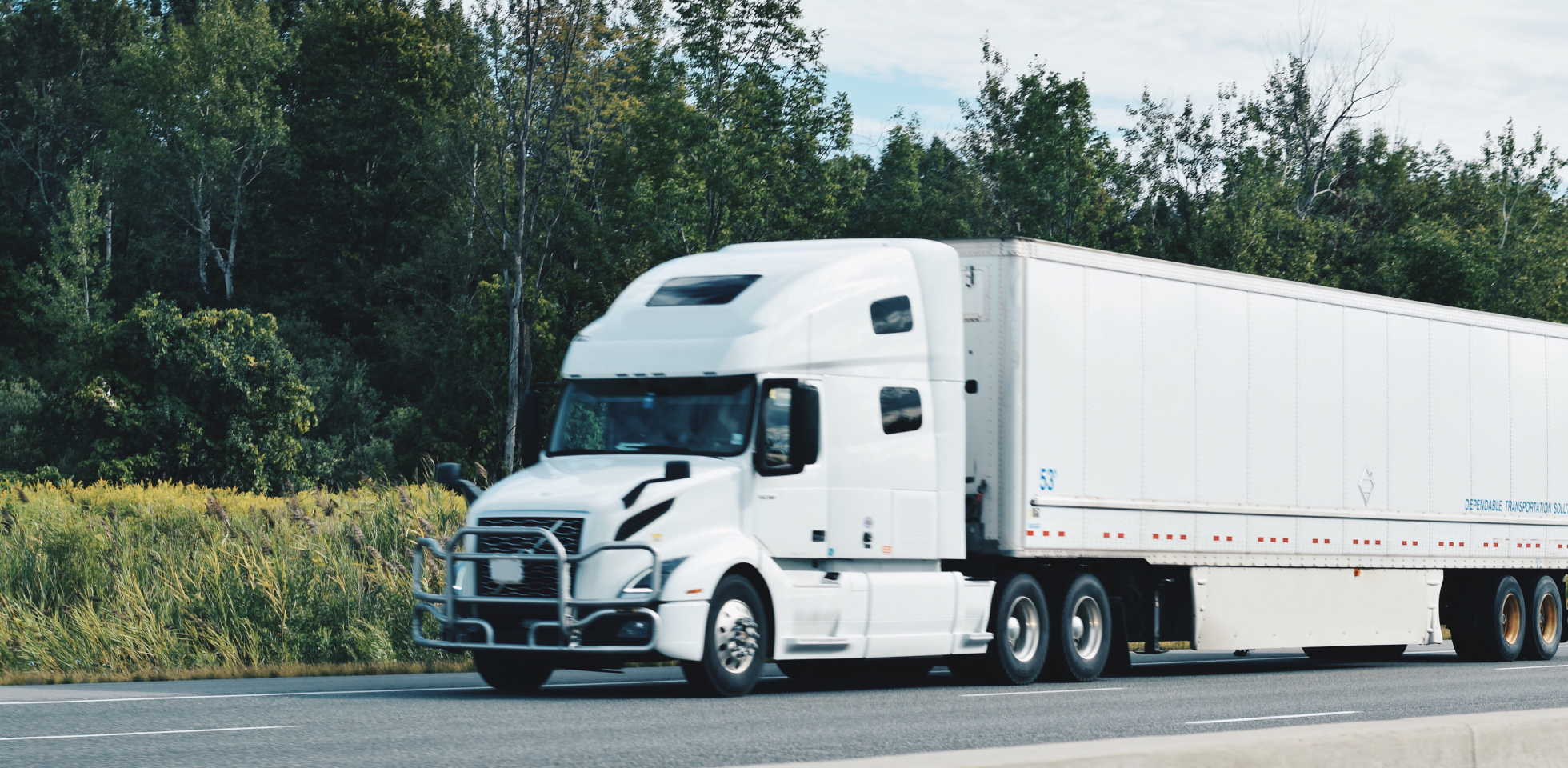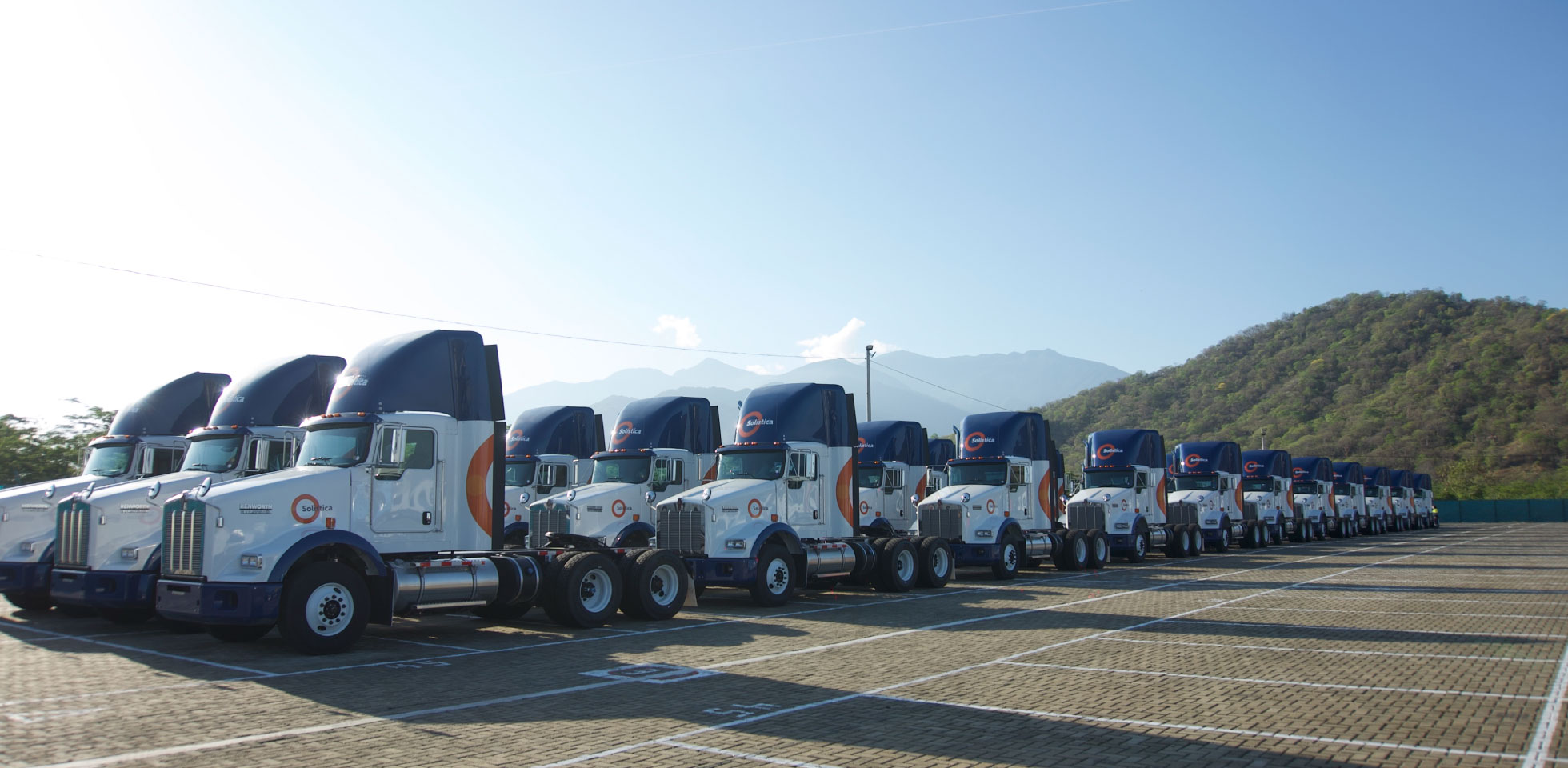In today's context, marked by globalized consumption, where product excellence and reliability have become fundamental requirements, tracking emerges as a key pillar in the supply chain. This article takes an in-depth look at the vital role traceability plays in ensuring product quality and safety, with a special focus on sensitive industries such as food and pharmaceuticals.
Unraveling the concept of traceability
Tracking of a product is defined as "the ability to trace the history, application or location of an entity through recorded identifications". In practical terms, this means being able to follow the complete path of a product from its origin through all intermediate stages of production, processing and distribution to its final destination. (Article- new.abb).

Tracking as a guarantee of safety and quality
In critical industries such as food and pharmaceuticals, traceability plays an indispensable role in protecting public health. Product recalls due to contaminants from machinery or foreign objects have increased (Article- new.abb). Traceability makes it possible to quickly identify the source of any problems, facilitating the efficient recall of defective or contaminated products from the market.
Key components of an effective tracking system
A robust tracking system consists of several essential elements:
- Identification and Coding: Use of barcodes or RFID tags to uniquely identify each product or batch.
- Data Capture and Recording: Use of devices such as bar code readers or RFID sensors to collect information in real time.
- Processing Software: Systems such as ERP, WMS or TMS that integrate and analyze the collected data.
- Supply Chain Integration: Collaboration among all stakeholders to maintain information continuity. (Blog - Across Logistics)
Tracking in the Pharmaceutical Industry: A Case Study
The pharmaceutical industry exemplifies the critical importance of traceability. According to a Fieldeas report, Pharmaceutical logistics is a highly specialized business segment. The existing tracking requirements for the transport, storage and handling of medicines for human use are of a requirement only attainable for operators with a high degree of preparation. (Blog - Fieldeas).
In this sector, tracking not only ensures product quality, but also:
- Ensures compliance with strict government regulations.
- Prevents drug counterfeiting.
- Facilitates inventory management and cold chain logistics.
- Enables fast and accurate response in case of product recalls.
How technology has impacted the evolution of tracking
The technology revolution has significantly transformed tracking systems. The implementation of technologies such as the Internet of Things (IoT), artificial intelligence and blockchain is taking traceability to new levels of accuracy and efficiency.
For example, Autonomous Mobile Robots (AMRs) are playing an increasingly important role in automating logistics processes. AMRs developed by AMR ABB Robotics are applicable in the pharmaceutical and personal care industry because they are advanced and capable of meeting product tracking requirements."(Article- new.abb)
Track and traceability benefits for businesses and consumers
Implementing robust tracking and tracing systems offers multiple benefits:
For companies:
- Improves operational efficiency and inventory management.
- Facilitates regulatory compliance.
- Reduces costs associated with product recalls.
- Increases consumer confidence in the brand.
For consumers:
- Guarantees the authenticity and quality of the products.
- Provides detailed information on the origin and processing of products.
- Increases food and pharmaceutical safety.
Traceability's future: Towards total transparency
As we move towards an always-connected and always-aware future, traceability will continue to evolve. The trend is towards end-to-end traceability systems that offer full transparency in real time, from the source of raw materials to the end consumer.
Tracking: A fundamental pillar of quality and safety in critical industries
Track and trace has become an indispensable component in ensuring product quality and safety, especially in critical industries such as food and pharmaceuticals. By providing complete visibility throughout the supply chain, traceability not only protects consumers, but also empowers companies to operate more efficiently and responsibly.
Find out how logistics experts can help you implement cutting-edge tracking solutions that improve the safety, quality and efficiency of your products - explore the possibilities today!






